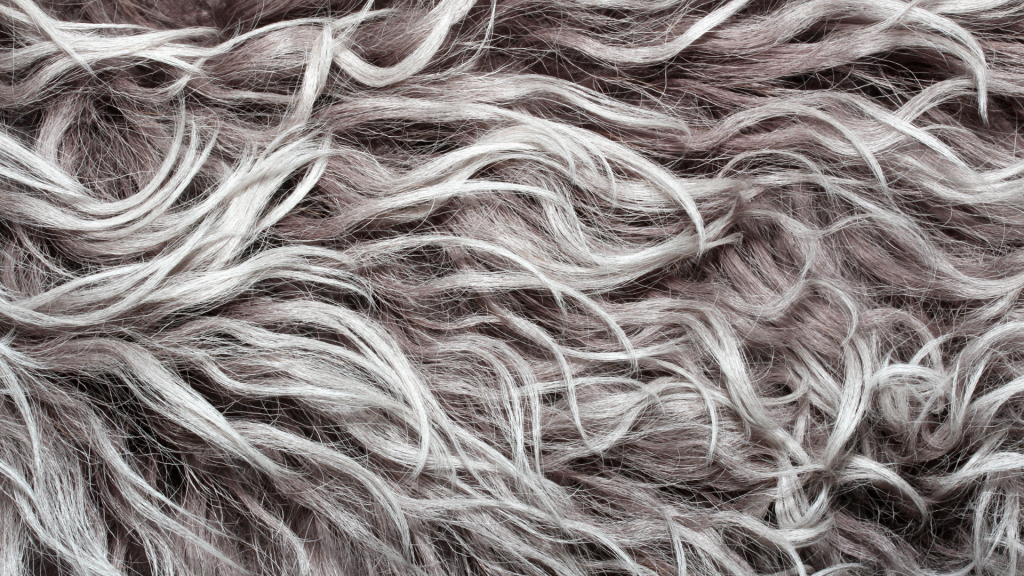
Gray hair, a natural phenomenon accompanying aging, is a visible marker of the passage of time. Understanding the intricate process behind this transformation involves exploring the genetic, environmental, and lifestyle factors that contribute to the decline of pigment cells within hair follicles. This article delves into the secrets of gray hair, shedding light on genetic predispositions, the impact of stress, smoking, nutritional deficiencies, medical conditions, and exposure to pollutants.
The Genetic Blueprint:
Genetics and Timing:
- The timing and pace of graying are predominantly dictated by genetics.
- Premature graying in the family increases the likelihood of early graying.
- Specific genes regulate melanin production, influencing the rate of pigment cell decline.
Ethnicity Influence:
- Ethnicity contributes to genetic predisposition.
- Individuals with lighter skin tones often experience earlier graying due to differences in melanin production.
Environmental and Lifestyle Accelerators:
- Stress and Premature Graying:
- Chronic stress correlates with premature graying.
- Prolonged stress may disrupt melanocyte stem cells, impacting melanin production.
- Smoking and Oxidative Stress:
- Smoking is linked to premature aging, including premature graying.
- Chemicals in cigarettes induce oxidative stress, damaging melanocytes and reducing melanin production.
- Nutritional Deficiencies:
- Balanced nutrition is crucial for overall health, including hair health.
- Deficiencies in B12, D, E, copper, and iron can impact melanin production.
- While nutritional deficiencies contribute, genetics and age are significant factors in natural graying.
- Medical Conditions:
- Vitiligo, autoimmune disorders, and thyroid issues can impact hair pigmentation.
- Consultation with healthcare professionals is crucial for diagnosis and treatment.
- Pollutant Exposure:
- Pollutants generate oxidative stress, damaging melanocytes and hindering melanin production.
- Lifestyle changes to minimize exposure support overall hair health.
Dispelling Myths and Embracing Changes:
- Plucking gray hair does not cause more to grow; it grows that way from the root.
- While there’s no scientifically proven reversal for gray hair, lifestyle changes, dyes, supplements, and specific hair care routines may slow or disguise the graying process.
Understanding why hair turns gray unravels the complexities of the body’s aging process. It serves as a natural and unique reminder of one’s genetic makeup and the inevitable passage of time. This exploration allows individuals to embrace the changes, make informed lifestyle choices, and navigate the graying process with grace and confidence.





